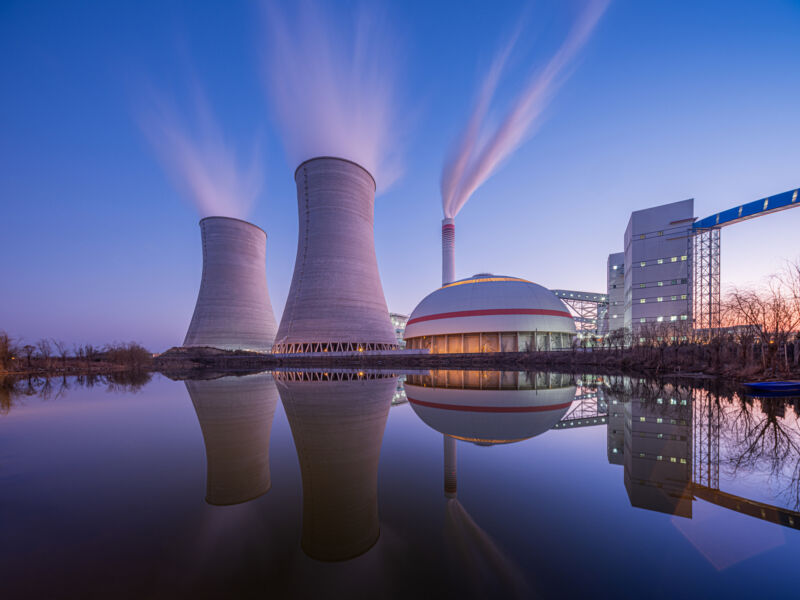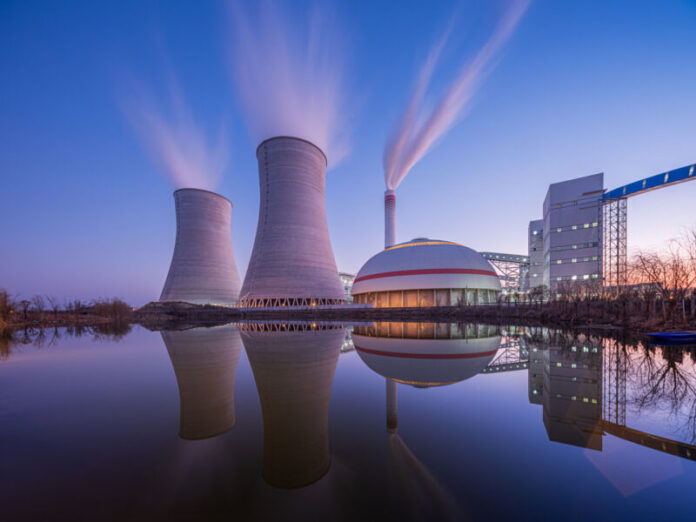
Earlier this week, the US Senate passed what's being called the ADVANCE Act, for Accelerating Deployment of Versatile, Advanced Nuclear for Clean Energy. Among a number of other changes, the bill would attempt to streamline permitting for newer reactor technology and offer cash incentives for the first companies that build new plants that rely on one of a handful of different technologies. It enjoyed broad bipartisan support both in the House and Senate and now heads to President Biden for his signature.
Given Biden's penchant for promoting his bipartisan credentials, it's likely to be signed into law. But the biggest hurdles nuclear power faces are all economic, rather than regulatory, and the bill provides very little in the way of direct funding that could help overcome those barriers.
Incentives
For reasons that will be clear only to congressional staffers, the Senate version of the bill was attached to an amendment to the Federal Fire Prevention and Control Act. Nevertheless, it passed by a margin of 88-2, indicating widespread (and potentially veto-proof) support. Having passed the House already, there's nothing left but the president's signature.
Read 17 remaining paragraphs | Comments
Ars Technica - All contentContinue reading/original-link]




